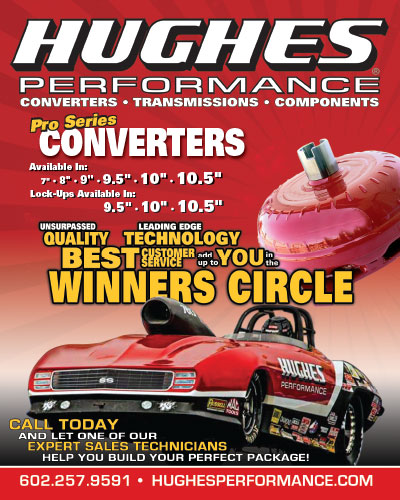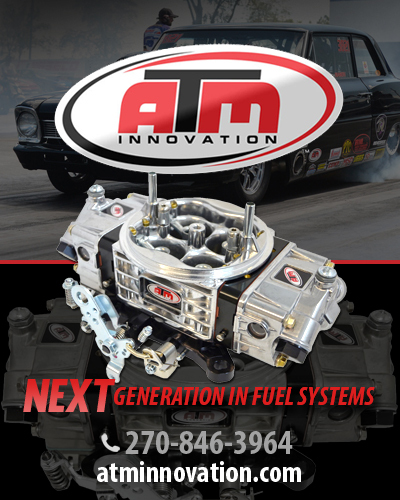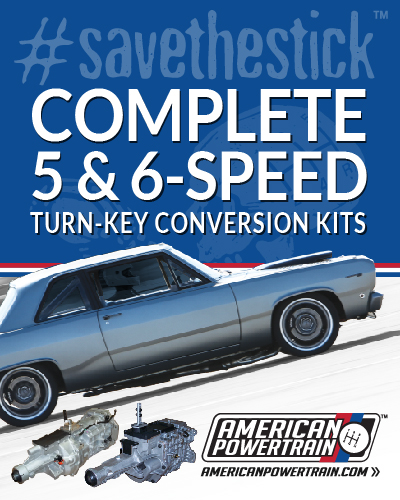'JINGLE BELLS’ A DRAG-RACING SONG?
 Drunk drag racing is a terrible, terrible idea on so many levels.
Drunk drag racing is a terrible, terrible idea on so many levels.
But according to a report from a British Columbia radio program, CBC’s “Daybreak South,” the sprightly Christmas tune “Jingle Bells” is really a Thanksgiving song that’s a bawdy salute to reckless, alcohol-fueled sleigh races down the middle of Salem Street in Medford, Mass., in the early 1800s.
At least that’s the conclusion that Kyna Hamill, a Boston University literature professor and vice-president of the Medford Historical Society, has drawn.
Hamill told “Daybreak South” host Chris Walker that “Medford is home to a series of sleigh races that used to occur on a street called Salem Street, and because of this event, which pretty much happened in the middle of the 19th Century, these sleigh races – which you could pretty much call drag races – down this street was one of the most popular events. Because of that, the influence and inspiration of the song, we believe came from those races."
She said, "If you think about the fact that one of the great industries of Medford was rum-making, and if you really think about the lyrics of the song, with the lens that these are drag races that are happening at top speed down the center of this street, one of the suggestions is that it's actually a drinking song, Some of the words are actually associated with the idea that this is a song you sing while you're drunk, talking about an event that happened while they were drunk."
 Is that a stretch? Who knows? But the fellow who wrote the song, James Pierpont, and got a copyright for it in 1857, happened to be the uncle of financier J.P. Morgan and by 1857 was a church music director in Savannah, Ga. But he had a checkered past.
Is that a stretch? Who knows? But the fellow who wrote the song, James Pierpont, and got a copyright for it in 1857, happened to be the uncle of financier J.P. Morgan and by 1857 was a church music director in Savannah, Ga. But he had a checkered past.
"He's kind of a jerk, actually,” according to Hamill. “He would leave all of the time. He went out West to try to make his way with the gold rush. He went all over the place and left his wife with his father.”
His wife passed away, and, Hamill said, "He didn't come, apparently, to his wife's funeral. He's sort of not a nice guy."
Instead, Pierpont quickly remarried and abandoned his kids. He married the daughter of Savannah’s mayor and became music director of the Unitarian church where his brother, John Pierpont, Jr., was minister. Church annals tell that James Pierpont led the congregation in a rousing rendition of “Jingle Bells” during a Thanksgiving service. They loved it, and he performed it again a month later at Christmas.
It sounds like a rather cheeky move, singing a drinking song he wrote in a Massachusetts pub in church. But his dossier shows that he was a rebel, at odds with his activist minister father, John Pierpont, the noted Boston educator and activist for temperance and abolition.
Hamill said, "If you want to go psychological about this, he's a guy who was under the shadow of this very rigid father, who was totally against drinking and was in the temperance movement and was part of the abolitionist movement and took himself very seriously.”
“Jingle Bells,” she said, is “kind of a song about a young guy breaking away from his father's shadow. People who love the history of Christmas will probably not like this . . . but I think that there's something about the relationship between the father and the son which kind of shows how he doesn't want to be like his father in this song. He wants to have fun."
Oh, what fun it is to wonder if Hamill is on the right track in tracing the song’s true meaning. Miss Fanny Bright isn’t around to ask. And you can’t get much information from a bob-tailed nag.
So think what you wish – maybe it’s related to drag racing, pre-Wally Parks style, maybe not even close. But if you think you’ll take a ride, just don’t get upset.





































